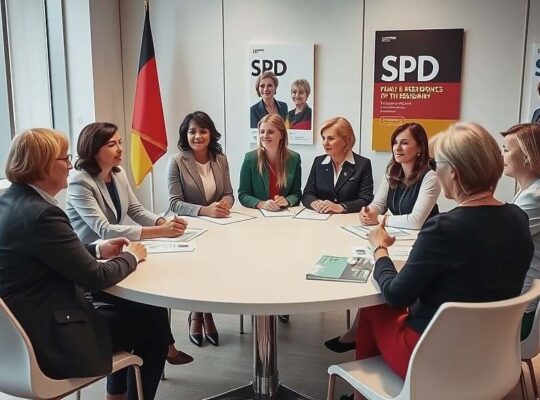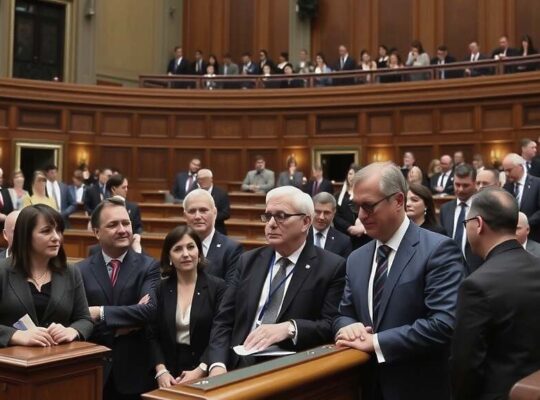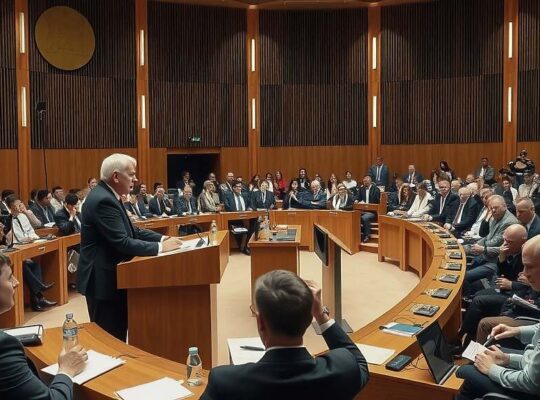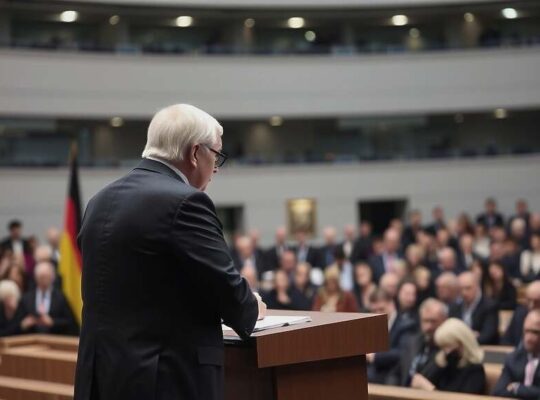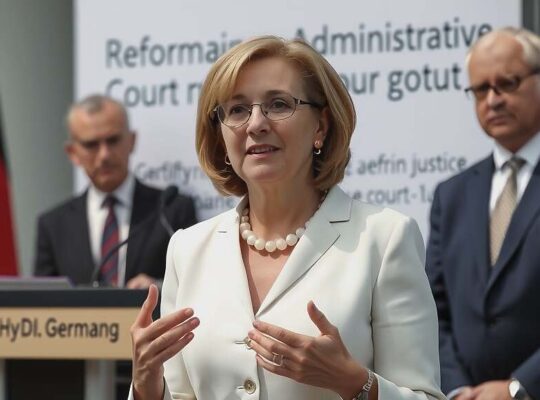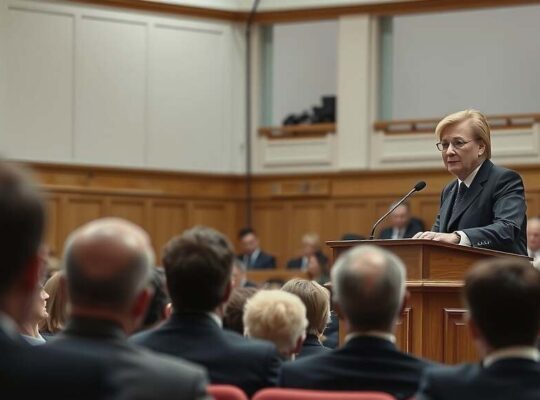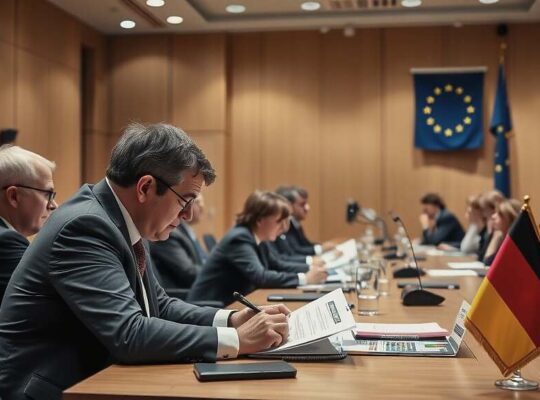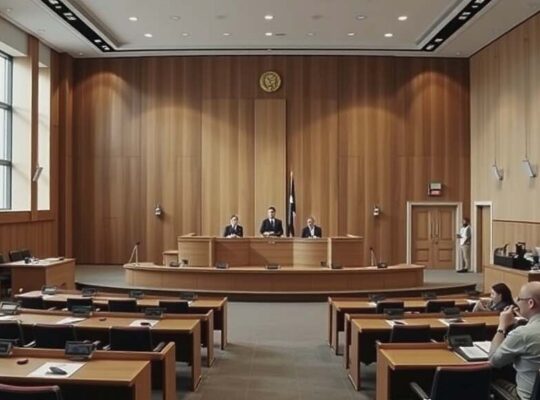The German President, Frank-Walter Steinmeier, has directly appealed to Algerian President Abdelmadjid Tebboune to grant clemency for writer Boualem Sansal, highlighting a deepening diplomatic ripple effect surrounding the controversial case. The intervention, announced by the German Chancellery on Monday, underscores the escalating pressure on Algeria’s government regarding the writer’s imprisonment.
Sansal, a recipient of the German Peace Prize, was sentenced to five years in March 2025 on charges of undermining Algeria’s territorial integrity. The charges stem from statements he made questioning Algeria’s historical claims to certain regions, specifically alleging that Algeria received territory from Morocco during the French colonial era. This sensitive issue has triggered significant tensions between Algeria and Morocco, already strained by a long-standing diplomatic dispute.
Steinmeier’s appeal, framing a pardon as an “act of humanitarian spirit and political foresight” represents a significant escalation from previous expressions of concern. He has reportedly offered to facilitate Sansal’s departure from Algeria, ensuring his medical care in Germany, given his advanced age and reported fragile health. This proactive offer effectively positions Germany as an advocate for Sansal’s wellbeing and, by extension, for freedom of expression within Algeria.
Critics argue that the charges against Sansal are a thinly veiled attempt to silence dissent and suppress historical narratives challenging the government’s version of events. The case has drawn condemnation from international human rights organizations, who denounce it as a violation of freedom of speech and a reflection of Algeria’s increasingly authoritarian tendencies.
While the move demonstrates a strengthening of personal ties between Steinmeier and Tebboune and aims to preserve the generally positive bilateral relationship between Germany and Algeria, it also carries a political gamble. By publicly pressuring Algiers, Steinmeier risks damaging diplomatic relations if Tebboune refuses the request, potentially revealing a limitation to Germany’s influence on the North African nation’s internal policies. The response from Algiers will be a crucial indicator of the future trajectory of German-Algerian relations and the broader respect for human rights and freedom of expression within Algeria.



